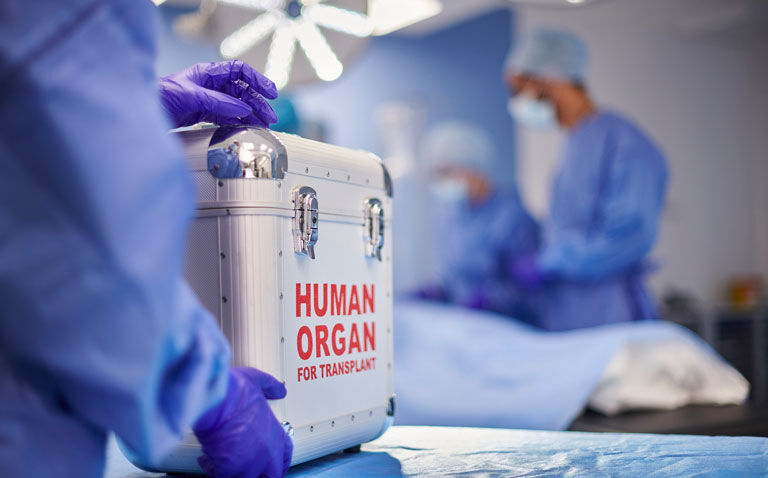Organ shortage is a major survival issue worldwide and a disproportionate supply and demand was worsened by the pandemic, resulting in a significant decline in global transplant numbers. Here, Chloë Ballesté Delpierre, associate professor, University of Barcelona Medical School, details how countries need to learn from each other’s best practices and work towards a common goal to resolve this ongoing issue.
Organ transplantation is a life-saving procedure for many patients suffering from organ failure. However, the demand for organs far outweighs the supply, leaving many patients on waiting lists for years. The disparity between supply and demand was only worsened by the pandemic, the impact of which has resulted in a significant decline in global transplant numbers. In Europe, the scarcity of donor organs is a persistent issue that has yet to be fully resolved.
Organisations such as the World Health Organization, the European Union Commission and the Council of Europe have all made efforts to increase organ donation rates. However, despite several isolated actions, there has been very little improvement overall. Approximately 30,000 organs are transplanted in the EU annually, far below the estimated 150,000 patients on the waiting list.
Developing robust organ donation programmes
While living donations can be a life-saving option for patients, they pose several ethical concerns. The pressure to donate from family and friends can be overwhelming, and the possibility of coercion or exploitation cannot be ignored. It is essential to ensure that donors are not put at risk while in pursuit of helping patients. Therefore, it is important to develop robust deceased donation programmes.
Most transplanted organs in the EU are from deceased organ donors, but these are still in short supply in many countries. Due to the lack of homogenised practices, organ donation rates vary from country to country. Each country also has its own legal and cultural framework, resulting in different consent systems, procurement procedures and allocation criteria.
Efficient donation programmes should be identified and promoted, with the nomination of a national competent authority and professionalisation within hospitals. Doctors from ICU, anaesthesia, emergency and any other departments caring for patients with severe neurological conditions should be duly trained and given the responsibility to lead the organ (and tissue) donation programme in their hospital. Focusing on the clinical activity and ensuring a regulatory framework would avoid fragmentation and unequal access to transplantation for patients.
To address these issues, the EU Commission launched an ‘Action Plan on Organ Donation and Transplantation’ to improve organ donation and transplantation in Europe. Between 2009 and 2015, the total number of transplants increased by 17% and the total number of deceased organ donors increased by 12%. But Covid-19 took a toll on the transplant community, and it is still trying to recover. There are new calls for an updated action plan considering the pandemic’s impact.
Despite the challenges, some countries have significantly increased their donation rates. Spain has one of the highest donation rates in the world, with 40.8 deceased donors per million population (pmp) in 2021 compared with the global average of 6.4 pmp. This is due to a combination of factors, including a well-structured donation system and a strong commitment from healthcare professionals.
Working towards a common goal
To improve organ donation rates across Europe, countries need to learn from each other’s best practices and work towards a common goal, and the European Society of Organ Transplantation (ESOT) Congress helps make this possible. These meetings provide a unique opportunity for the transplant community to come together to share their knowledge and promote progress towards a better future for organ transplantation.
As an elected member of the ESOT Council and a member of the Scientific Programme Committee for the ESOT Congress 2023 in September, I am honoured to be involved in crafting a state-of-the-art programme, which will ultimately improve outcomes for patients with terminal organ disease and increase equitable access to organ transplantation.










